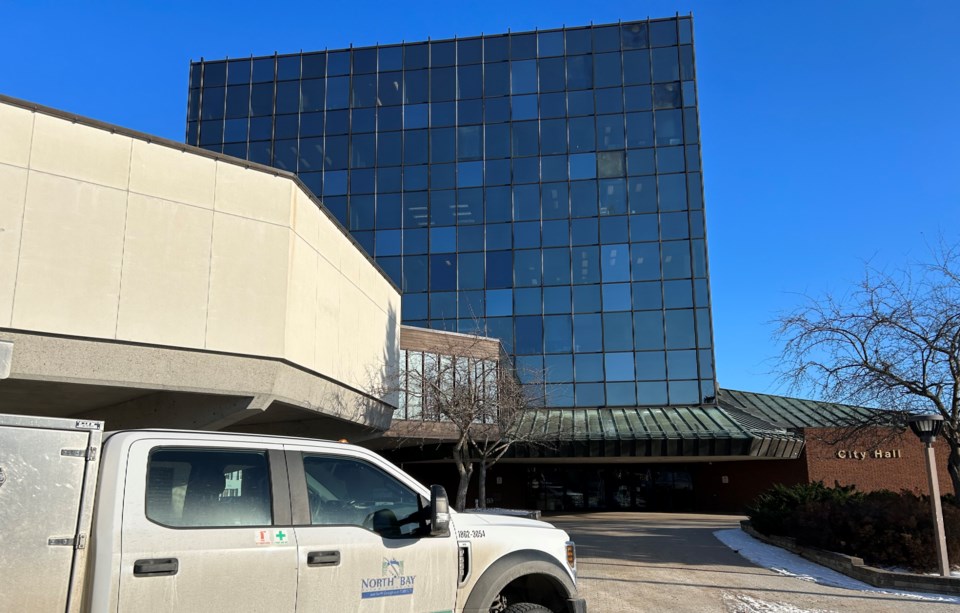To the editor:
The mayor’s recent State of the City address assured taxpayers that this council is committed to making thoughtful decisions in the best interests of its citizens. The audacity required to make such a statement is extraordinary.
The reality is that every decision made by this council over the last two sessions has been to approve staff recommendations, virtually without exception. My observations and analyses clearly demonstrate that the best interests of citizens have not been addressed in a thoughtful or meaningful way.
The recent $200,000 operational review recently touted by the mayor is just the latest in a long series of costly studies that have burdened taxpayers without providing any clear benefits. The link between the review’s stated objectives and its actual recommendations does not provide citizens with any tax relief whatsoever.
The first item in the review’s list of 10 “opportunities” requires the city to “adopt a corporate performance management framework” which in plain language means setting targets for departments and verifying they are meeting them. Does senior management, all of whom are supposed to be qualified, really need to be alerted to this basic management responsibility by an outside expert?
Need we be reminded of the myriad of city reviews from the past?
In 2012, budget discussions were halted when the mayor directed the CAO to conduct a comprehensive review of all city departments, with a promised report by the end of 2013. That report, however, was never publicly released. For reference, the tax levy in 2012 was $73,788,577, while the population from the 2011 census was 53,651. The 2024 tax levy was $110,966,336, an increase of 50% before applying $1 million from reserves to lower the levy while the population from the 2021 census was 52,662
Does anyone recall the 2013 KPMG report that advised hiring a third party to address serious issues in the Fleet Department?
Remember the 2016 Baylor Report, an eight-month study promoting the value of town hall meetings and community input? Thankfully that report was free to taxpayers but ended up gathering dust somewhere.
Next, the 2016 Operational Review Committee, led by the late Councillor Maroosis, offered a few suggestions but ultimately produced no meaningful tax relief. Now, despite all these reviews, the 2024 budget has ballooned to $109,799,405—about $12 million higher than it should be if adjusted for inflation.
What about the 2016–2026 Strategic Plan Framework, a highly publicized document that was essentially a vague checklist of goals with no actionable steps? That year, the city had to borrow $1.5 million to cover basic operating expenses. The only remnants of that plan are evident in regular city reports, where staff check off items to justify its existence.
This latest review aims to “elevate communications to tell the municipal story.” Taxpayers are left wondering: how will this help address the relentless rise in tax burdens? As the city celebrates its 100th anniversary, why is it relying on outside consultants for basic communication strategies? Taxpayers are well aware of the “municipal story”—and this effort appears to be little more than a glossy attempt to distract from city hall’s shortcomings.
The city’s website indicates that the review “Identified redundant, deficient, or missing services, as well as classified whether these services are core/ essential, discretionary, etc.” Meanwhile, there is no mention in the report of these redundant or deficient services or any indication that an attempt was made to identify them.
In spite of submitting the requested input from the public, I have received no substantive replies from the mayor and council continues to ignore these policies and costs that are increasing the tax burden:
Here are, once again, but a few of the many areas where operations could be tightened up and improved:
- Misuse of Reserves: Discretionary reserves have ballooned from $22 million in 2012 to $74 million by 2023—$52 million taken from taxpayers beyond what was necessary to provide services. This undermines the principle that each generation should pay for its own services and infrastructure.
- Fleet Funding Formula: Taxpayers cover both current and future vehicle purchase costs, adding $9 million to the budget over seven years. This violates a fundamental municipal funding principle.
- Economic Development Department: This department costs taxpayers $900,000 annually, including $700,000 for six employees. Despite this, reports are sparse and lack measurable results. Population and business numbers have stagnated, raising questions about the department's effectiveness.
- Community Services Department: With $700,000 in expenses, including $475,000 for salaries, taxpayers are funding overlapping leadership roles without clear value.
- Accounting Violations: Redirecting interest earned on discretionary reserves out of operating revenues is a breach of accounting standards, costing taxpayers approximately $10 million since 2012.
- Positions providing no value to taxpayers for the costs involved:
- The Communications Officer serves primarily to spin facts favorably, offering no tangible benefit to taxpayers.
- The Accommodation Tax Collector position, created for a task requiring only two days a month, could easily be integrated into existing roles.
- The Assessment & Real Estate Specialist, costing over $100,000 annually, would be better suited as a contract position given the city's lack of growth.
What we need here is not a yearly whitewashing of the facts by the mayor or another costly study but a willingness by council members to educate themselves on accounting, auditing, municipal finance in general and question the recommendations coming from staff with a view to serving taxpayers by reducing the tax burden rather than fattening city coffers.
Donald Rennick CPA, CA
North Bay


.png;w=120;h=80;mode=crop)
